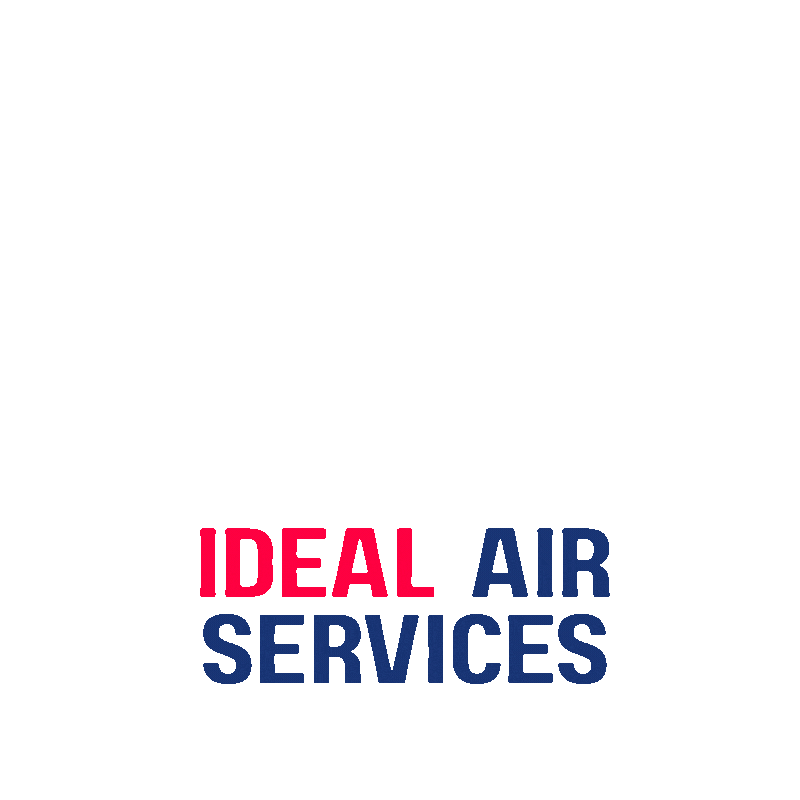Why Bigger Isn’t Better When It Comes To HVAC Systems
- reportidealairserv
- Sep 19
- 3 min read

You might wonder: What’s the big deal with having extra capacity? More power can’t hurt, right? Not quite.
Imagine installing a heavy-duty pickup truck engine on the frame of a compact car—and then using it to commute to work. It’s inefficient, overkill and, ultimately, harmful. That’s what happens when HVAC systems are oversized: they're mismatched to the needs of the space, causing performance and reliability issues.
Energy-Efficiency Challenges
With the automobile analogy in mind, know that furnaces and boilers operate most efficiently when they reach their steady-state operating temperature, which typically takes five to 10 minutes. If the system shuts off before reaching this state—common with oversized units—the combustion process never achieves optimal efficiency. This results in burning more fuel without fully converting it into usable heat, leading to waste and higher utility bills.
The same holds true for oversized air conditioners and heat pumps. These systems tend to short-cycle—turning on and off in quick succession—requiring more electricity to repeatedly start the compressor than to simply run it steadily. Additionally, short run times don’t allow the system to effectively remove humidity from the air, potentially causing comfort issues, material degradation, and in extreme cases promote the growth of microorganisms like mold or mildew.
Short Cycling and Mechanical Stress
Short cycling is one of the most damaging consequences of oversizing. It accelerates wear and tear on critical components, reducing system lifespan and increasing repair frequency. Think again of the driving analogy: most people would agree highway miles are gentler on a vehicle than stop-and-go city traffic. In HVAC terms, short cycling is the equivalent of stop-and-go driving—stressful, inefficient, and costly over time.
Join our website on idealairservicesghltd.com over daily exclusive reporting and essential analysis of the day’s news every three days.
Comfort Compromises
Oversized HVAC systems often fail to maintain steady indoor temperatures. They cool or heat too quickly, shut off, and leave behind uneven conditions. Homeowners frequently respond by adjusting their thermostats more aggressively, which only exacerbates the issue. The result is discomfort, frustration, and a system that’s constantly fighting itself.
The Importance of Load Calculations
The cornerstone of any successful HVAC retrofit or installation is an accurate load calculation. This determines the heating and cooling requirements needed to keep the space comfortable. If the calculation is wrong, everything downstream—equipment selection, duct sizing, airflow balancing—will also be off. The consequences include energy waste, occupant discomfort, shortened equipment life, and increased service calls.
A Smarter Approach: Ideal Air Services Ghana Ltd
One company addressing this issue head-on is Ideal Air Services Ghana Ltd, HVAC Masters. Ideal Air Services Ghana Ltd sales and design-Build service, Plumbing, Electrical, Project Management, Resident HVAC, Commercial HVAC and Consulting Service polished sales documents—making it easier to do the job right the first time.
When asked about how widespread the issue of residential HVAC systems being installed without accurate load calculations, and the impact this has on system performance and homeowner comfort, Ideal Air Services Ghana Ltd said “Unfortunately, especially in retrofit situations, it’s still quite common for systems to be installed without proper load calculations. Poor sizing can result in uneven temperatures, higher utility bills, potentially shorter equipment lifespan, and degraded indoor air quality. Oversized systems, for example, tend to cycle on and off too quickly, which results in less effective dehumidification and less time for air to be filtered. The biggest risk is fundamentally getting the design wrong, which often means significantly over- or under sizing the system. A flawless installation can’t save a flawed design.”
Conclusion
Oversized HVAC systems may seem like a precautionary upgrade, but they often cause more harm than good. From wasted energy and humidity issues to early system failure and poor occupant comfort, the hidden costs are significant. Proper load calculations are no longer a luxury—they are a necessity. With Ideal Air services Ghana Ltd, contractors can confidently right-size systems, earn trust with homeowners, and improve overall performance. In the world of HVAC, smarter—not bigger—is better.






Comments